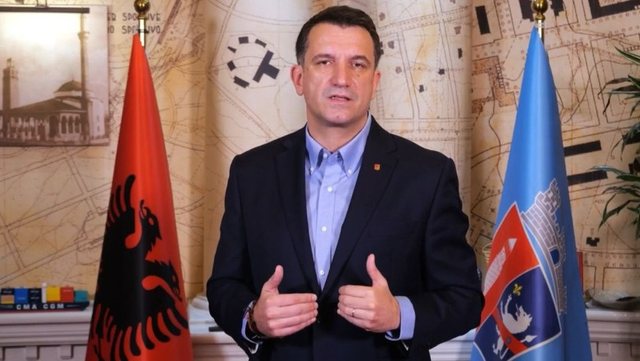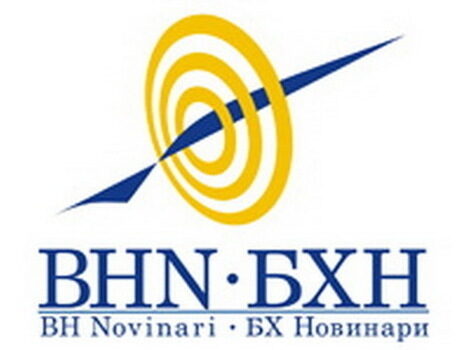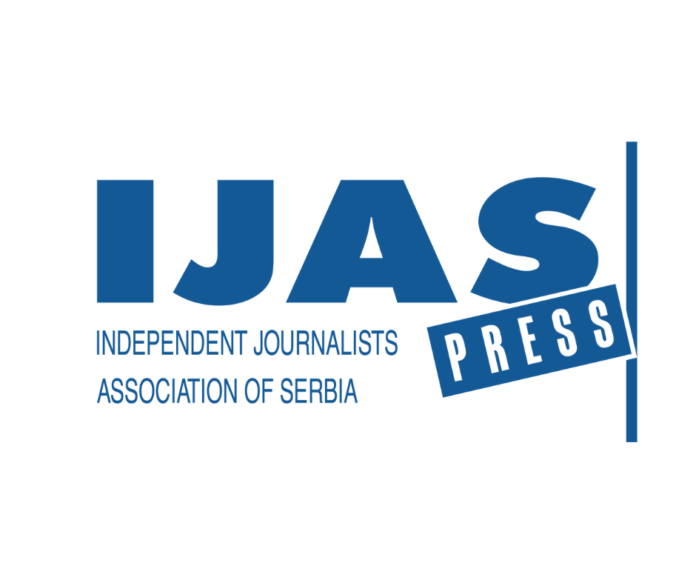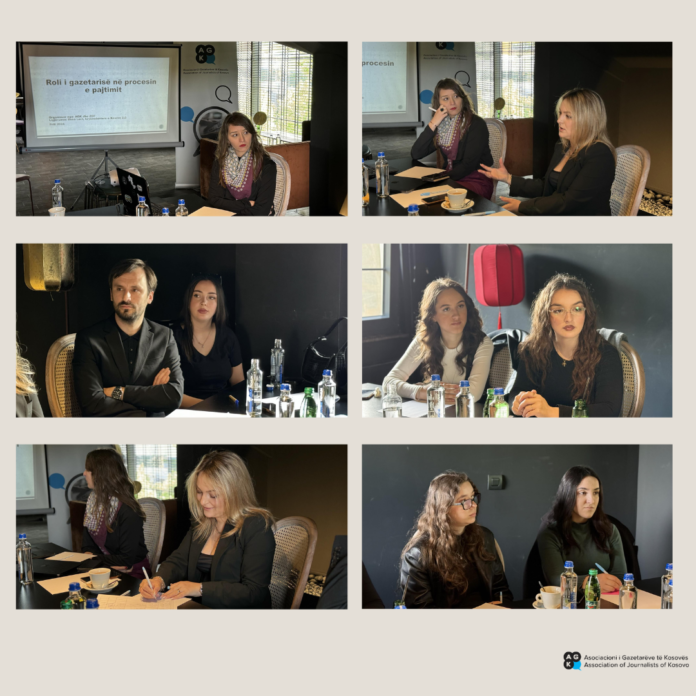Today is International Labor Day, a day to remember the demonstrations of the labor movement held in Chicago in 1886. That is, a day that should be a reminder to everyone that the fight for better working conditions is never-ending.
On this occasion, we would like to emphasize that the position of journalists and media workers in Serbia is far from enviable. The work is uncertain, the fees are low, while the pressure comes from all sides, in all forms, often as threats, but also physical attacks. Institutions bear the greatest responsibility for such a situation in Serbia, and that is why we call on them to create a better environment for the work of journalists.
Our research shows that the social and economic position of journalists and other media workers in Serbia is still unfavorable. A big problem is the insecurity in which many journalists work, without guaranteed working rights, with insecure contracts under which they are hired.
In the most difficult position are those journalists who work outside the employment relationship, in temporary and casual jobs, under a work contract and have no protection whatsoever.
The bad financial situation has influenced some journalists to work in several media in order to provide basic means of living or to do other jobs outside of journalism. Young journalists face the same problems.
Bad conditions are influenced by the overall state of media freedom, as well as various pressures, which ultimately have direct consequences for the mental health of journalists.
Journalists are almost daily targets of political officials. Instead of answering the journalist’s questions, they verbally, often with street vocabulary, deal with the journalists. In this way, journalists are made legitimate targets in the public eye, and many face various threats, which endangers their safety. Threats and attacks against journalists are rarely punished, and if sanctions are imposed, they are minimal.
The Coalition for Media Freedom therefore calls on the institutions in Serbia, as the most responsible for the current situation, to create better conditions for the work of journalists, and citizens to be allies of journalists in the fight for a better position, because journalists are always on the ground to support the struggle of citizens to achieve their rights, among which are better labor rights.










